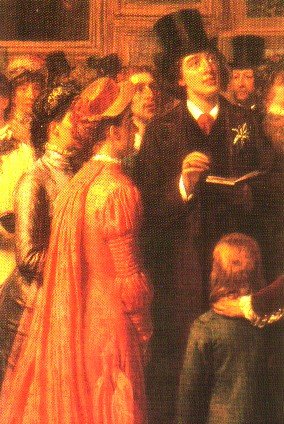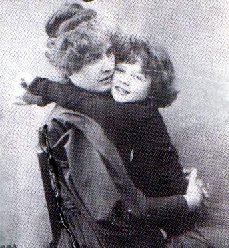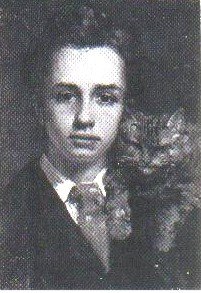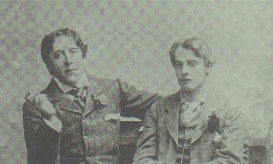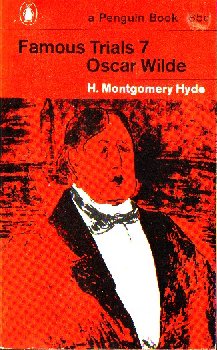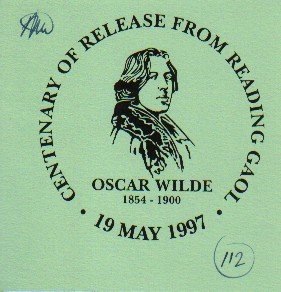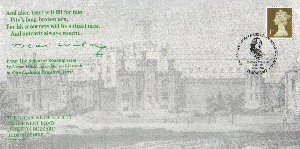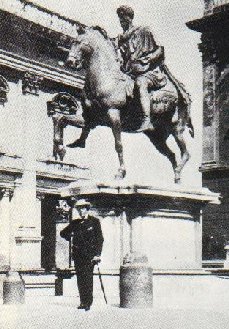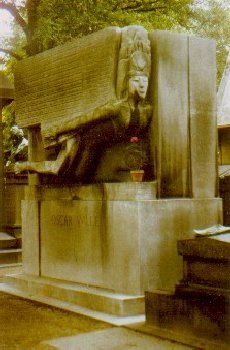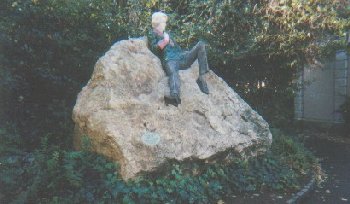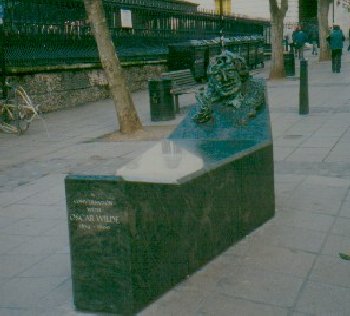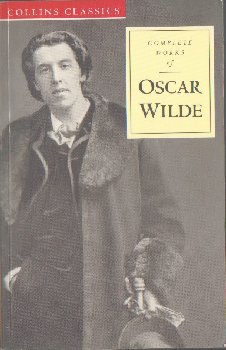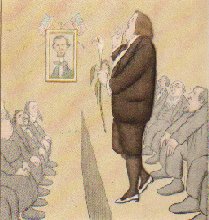Rome
Saturday
My dear Robbie,
A thousand thanks for all your trouble. The cheque
arrived safely this morning...
I have not seen the Holy Father since Thursday, but am
bearing up wonderfully well. I am sorry to say that he
has approved of a dreadful handkerchief, with a portrait
of himself in the middle, and basilicas at the corners.
It is very curious the connection between Faith and bad
art...
I have given up Armando, a very smart elegant young
Sporus. He was beautiful, but his requests for raiment
and neckties were incessant; he really bayed for boots...
I now like Arnaldo: he was Armando's greatest friend, but
the friendship is over. Armando is un invidioso
apparently, and is suspected of having stolen a lovely
covertcoat in which he patrols the Corso. The coat is so
delightful, and he looks so handsome in it, that,
although the coat wasn't mine, I have forgiven him the
theft.
Omero has never received your letter. I need not say I
have not given him your London address - at least not
your real one: he now believes that your real name is
Edmondo Gosse, and that your address is the Savile
[Club]. I also added that some of your more intimate
friends prefer to write to you as Reginaldo Turner,
Avvocato, The Reform Club: but that I, from old
associations, prefer to address you as Sir Wemyss Reid,
so I fancy there will be many interesting letters
arriving in London.
Rome is burning with heat: really terrible: but at 4.30 I
am going to the Borghese, to look at daisies and drink
milk: the Borghese milk is as wonderful as the Borghese
daisies. I also intend to photograph Arnaldo. By the way,
can you photograph cows well? ...Cows are very fond of
being photographed, and, unlike architecture, don't
move...
Write always to Cooks's. Love to More [Adey] and Reggie
[Turner]. Ever yours Oscar |
